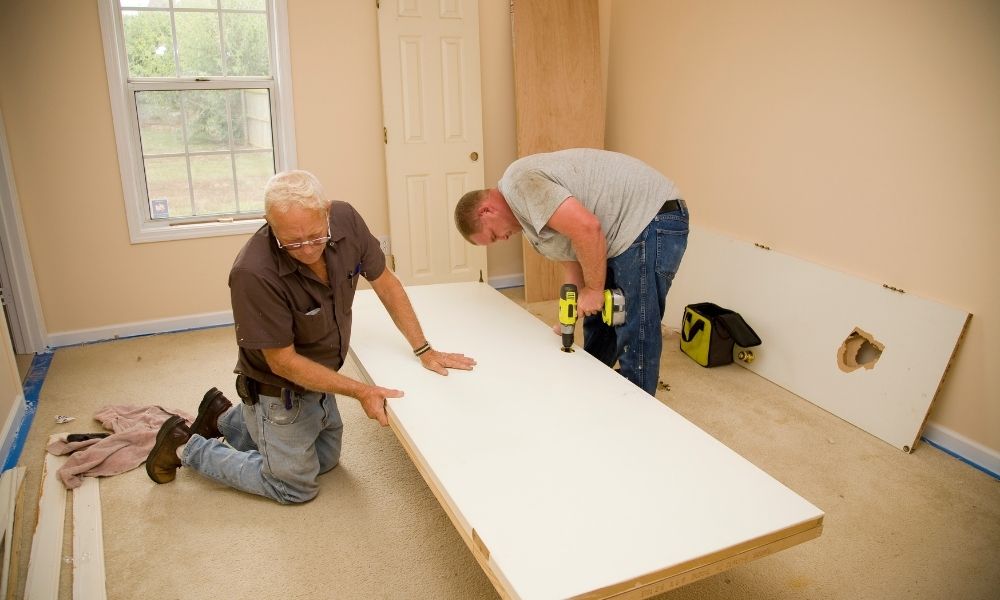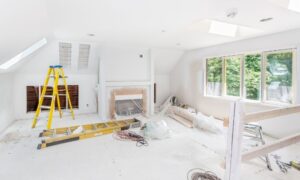Are you looking to begin your career in the real estate industry? You can take many routes, with house flipping being a great choice for beginners. If you’re ready to start your investment journey, be sure to follow these eight steps to starting a house flipping business.
Create a Plan
One of the first things you want to do is create a business strategy and determine how to achieve each goal you set for yourself.
For example, one of your goals might be to start a social media marketing campaign—what might you need to do to begin your campaign? Perhaps you may create a business account and analyze their plans to choose the right one for your business.
Having a plan in place can give you a clear idea of what needs to be done, how, when, where, and why.
Obtain Proper Licenses
The next step is obtaining the correct licenses you need to start your business. Depending on your location, you might need to acquire additional certifications, especially to expand your business outside of your community.
However, many successful investors obtain them due to the bountiful information about the real estate industry, best practices, and additional tips.
Reach Out
Networking will play a significant role during your house flipping career. The real estate industry operates on teamwork because of the different skills everyone can bring to a project.
Try to reach out to your existing professional and personal network to seek out experts who can assist you with your business goals by providing mentoring or helpful advice.
Additionally, you might determine your strengths and weaknesses. Once you assess your needs, try to search for specific contractors who can help you complete certain tasks like plumbing, interior design, and HVAC.
Perform Extensive Market Research
Once you’ve formed a team of professionals, you might start analyzing potential properties to invest in. This includes researching surrounding communities, amenities, and more.
Performing extensive research will help you make a better decision when choosing between specific properties.
Determine Financing
House flipping requires funding—in this industry, you must spend money to make money. If you’ve chosen a property to invest in, how you finance it will determine the profit margins during the selling process.
Many successful real estate investors work with private money lenders, hard money lenders in Oklahoma City, and more traditional banking loans. Be sure to figure out which funding options are best for you and your project.
Calculate ARV (70% Rule)
Before purchasing the property you’ve chosen, be sure to calculate the after repair value (ARV) using the 70 percent rule. This rule refers to the maximum price you should pay for a property to still earn a profit. Take the price of the property and subtract the renovation costs—try to avoid paying more than 70 percent of a property’s ARV.
Buy and Flip
Once you have secure financing and ARV calculations, it’s time to purchase the property. Be sure to complete all necessary repairs and renovations to the property to ensure a profitable return.
Stick to a Schedule
The real estate industry operates on a strict timeline. Ensure that you’re sticking to a schedule while completing the renovation as accurately as you can. This will help you to sell the property sooner, which means a quicker profit.
These steps to starting a house flipping business will be your guide when building your real estate empire.




